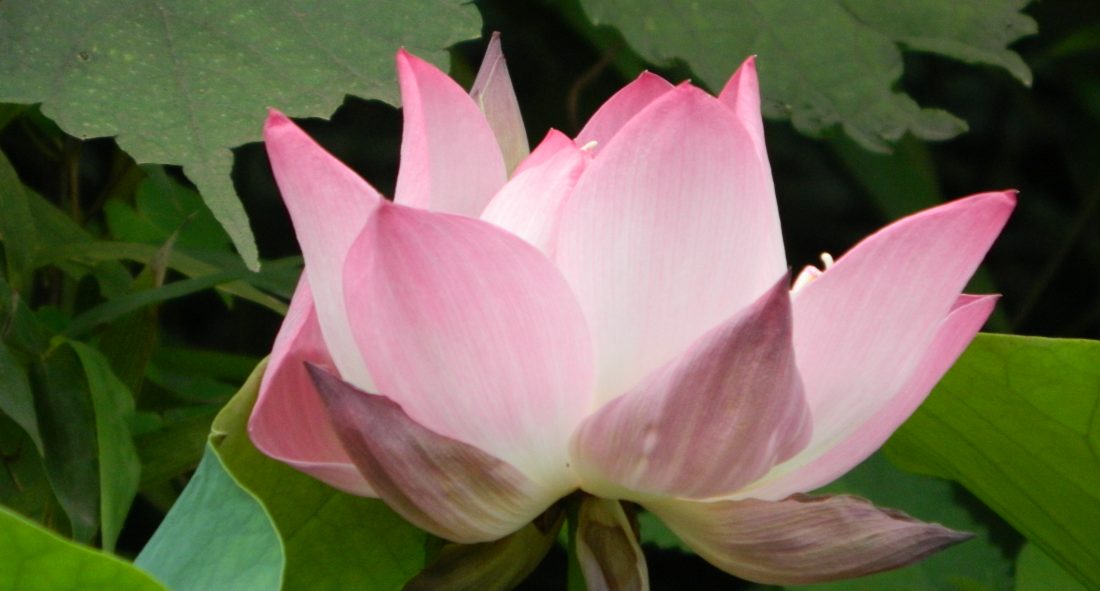By A. Nichols
Soon after students studying in China graduate, possibly the biggest turning point in their lives will occur: the gaokao. The gaokao is China’s university entrance examination. It is the test that goes far beyond simple academics. It often determines the financial success a student will have in life, as it is the only thing necessary for entering a university. More so than the SAT, the gaokao determines the course of the test-taker’s life. One Chinese student noted, “We can lose everything at the gaokao: a bad score in the gaokao means we go to a bad university … This means we get a bad job … and this means we will have a bad life.”* This puts so much stress on students that it is not unusual for a student to become physically and psychologically ill. In short, the gaokao is an unyielding process, a mechanism that charts not only a person’s academic path, but largely determines his or her station in life.
In secondary school, no matter where the student lives, the senior year is one long cramming session with the culmination
 of everything they learned over years of diligent, difficult work in one three-day test. It is not unusual for students in secondary school to get up at four in the morning to study before school every day, and stay late into the night afterward. In one notable classroom “students [were] taking energy-boosting amino acids from intravenous drips hung from the ceiling” to continue working. In her article, Professor Lindsey Lucenta notes, “[Students] endure an exhausting high school experience because preparing for the gaokao consumes all their time academically and socially. Once in college, many admit being overwhelmed with their newly available free time, never having developed any hobbies or interests beyond studying.” The gaokao encourages schools to teach students in a way that leaves them without analytical or critical thinking skills, but full of knowledge that is not necessarily relevant.
of everything they learned over years of diligent, difficult work in one three-day test. It is not unusual for students in secondary school to get up at four in the morning to study before school every day, and stay late into the night afterward. In one notable classroom “students [were] taking energy-boosting amino acids from intravenous drips hung from the ceiling” to continue working. In her article, Professor Lindsey Lucenta notes, “[Students] endure an exhausting high school experience because preparing for the gaokao consumes all their time academically and socially. Once in college, many admit being overwhelmed with their newly available free time, never having developed any hobbies or interests beyond studying.” The gaokao encourages schools to teach students in a way that leaves them without analytical or critical thinking skills, but full of knowledge that is not necessarily relevant.
Students in Chinese schools speak about this topic. “If they fail the gaokao, parents and teachers will view them as bad boys even if they might be good in many other respects. If you are good at study, everything is fine [said in exasperation] and there is no problem. If your grades are good, then you are good. If your grades are bad, then you are bad. You are bad. You are bad, and there is nothing you can do to change this.”*
Despite all of the headaches and heartaches it brings, the gaokao is unlikely to disappear. The general public—students among them—have ambiguous feelings toward the gaokao. Those who have taken it are conflicted between the feeling of pride and horror. “Some have said that the entrance exam deprives children of their childhood, but they also argue that the exam gives every child the same right to dream and the same opportunity to achieve their dreams.“People used to say you were not a man until you climbed the Great Wall. Now, they say you are not a man until you do the gaokao.”*
*Alex Cockain, “Students’ Ambivalence Toward Their Experiences in Secondary Education: Views from a Group of Young Chinese Studying on an International Foundation Program in Beijing,” The China Journal



Gaokao does deprive the opportunity for students to develope hobbies. Most of high school students spend their Sunday morning stayting in bed late or playing computer games. They are just alike; the only difference is nothing more than that who get more grades. Thus, my high school teacher’s classic quote is that “you (refering to students in Xi’an Middle School) are like cans in brand of Xi’an Middle School, being crammed with knowledges.”